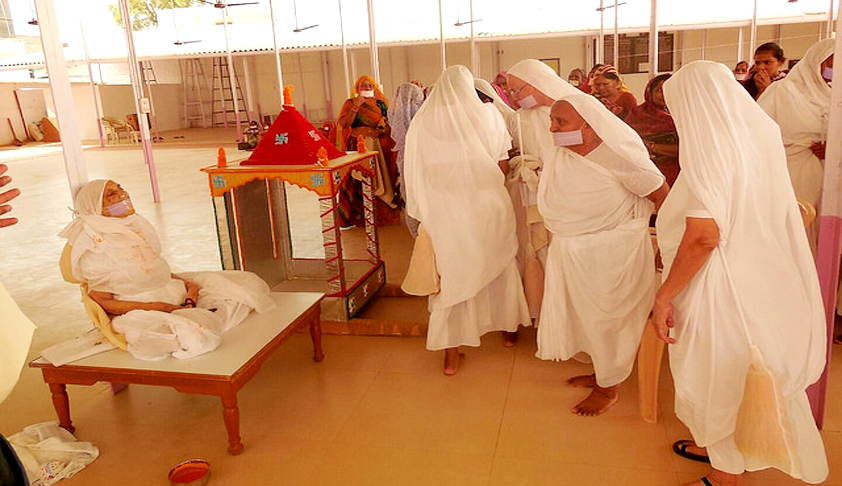- Home
- /
- Top Stories
- /
- Supreme Court stays Rajasthan HC...
Supreme Court stays Rajasthan HC ban on ‘Santhara’
Ashok KM
31 Aug 2015 11:42 PM IST
Supreme Court has stayed the Rajasthan High Court judgment banning ‘Santhara’, a ritual of fasting unto death, observed by followers of Jainism. A bench comprising Chief Justice H L Dattu and Justice Amitava Roy admitting the appeal said "Issue notice. Leave granted".An association of members belonging to the Jain community had filed a petition today before the Supreme Court seeking leave...
Next Story



